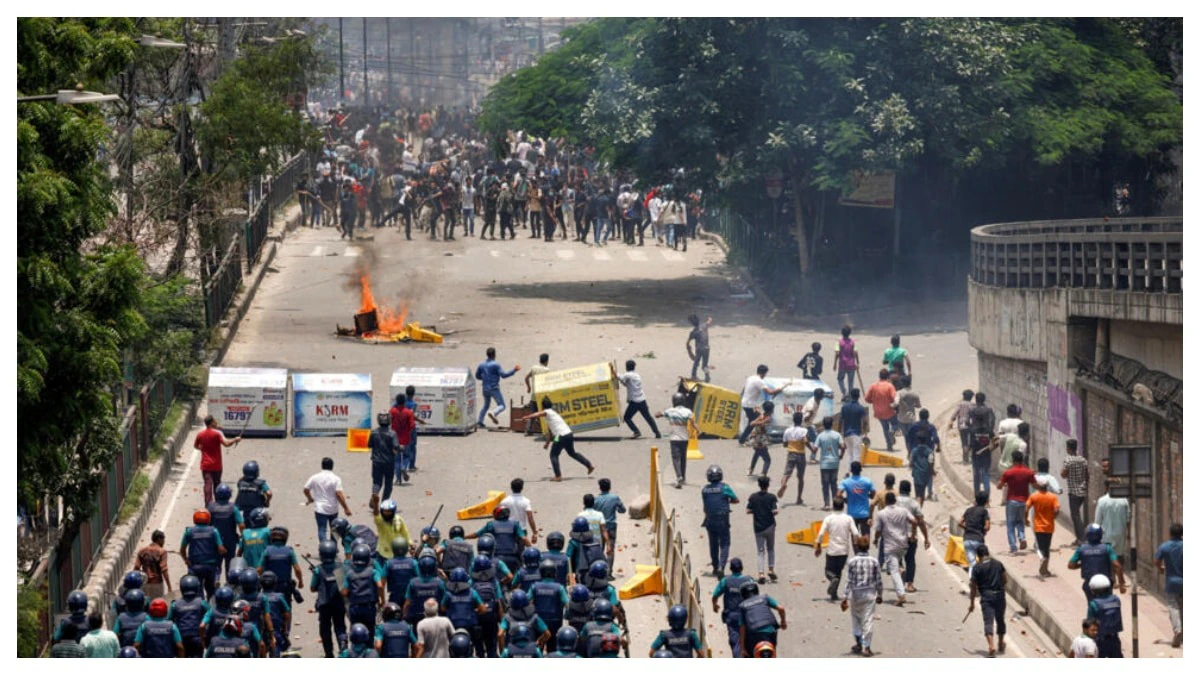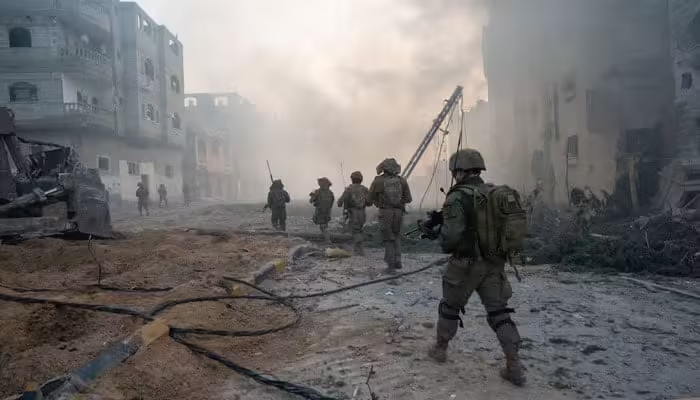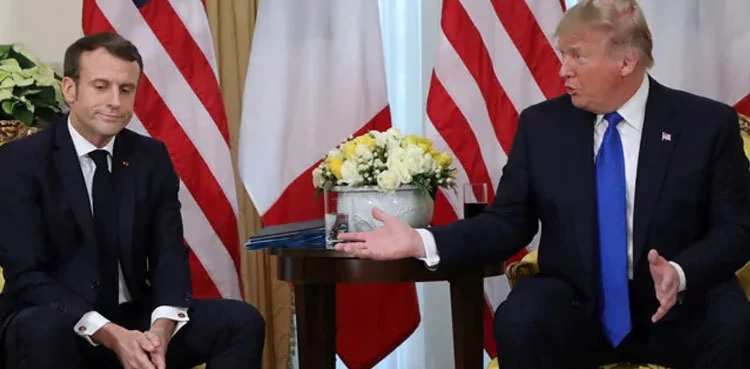Bangladesh has restored internet services following a return to normalcy after student-led protests against job quota reforms, which resulted in nearly 150 deaths this month.
The agitation, originating in universities and colleges, escalated into nationwide protests, injuring thousands as security forces responded with curfews, army patrols, and internet suspensions to quell the violence.
“The broadband and mobile internet connectivity has been restored with full functionality by now,” the foreign ministry announced on Sunday. “Other forms of communications, including land-based and mobile telecommunications, were functional throughout the period of unrest and violence.”
The government assured international partners that the situation was stabilizing due to timely and appropriate measures. The United Nations, international rights groups, the US, and Britain criticized the force used against protesters and urged Dhaka to uphold the right to peaceful protest.
Rights groups accuse Prime Minister Sheikh Hasina of becoming more autocratic during her 15-year tenure, marked by mass arrests, forced disappearances, and extrajudicial killings, allegations she denies.
Protests began in June when a high court reinstated quotas in government jobs, including reservations for families of veterans of the 1971 war for independence from Pakistan. Police used rubber bullets, tear gas, and sound grenades against tens of thousands of demonstrators.
Students paused their protests after the Supreme Court removed most quotas on July 21, opening 93% of jobs to merit-based candidates. The government described the students’ movement as “mostly peaceful and issue-specific,” blaming violence on the main opposition Bangladesh Nationalist Party (BNP) and Jamaat-e-Islami, which both denied involvement.
Student co-ordinator Nahid Islam announced the end of protests, noting their main demand for logical reforms had been met. He called for the reopening of educational institutions in a video message from police headquarters. Islam was among three protesters detained by police while receiving medical treatment, a move police said aimed to ensure security for the demonstrators.



